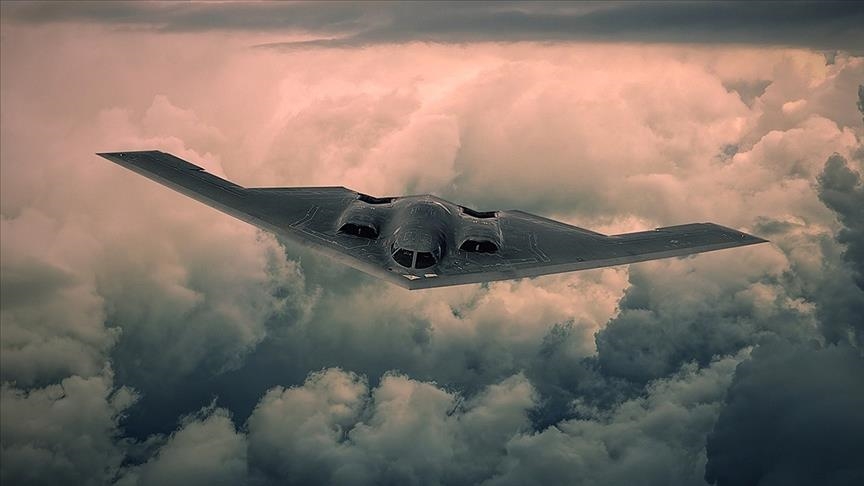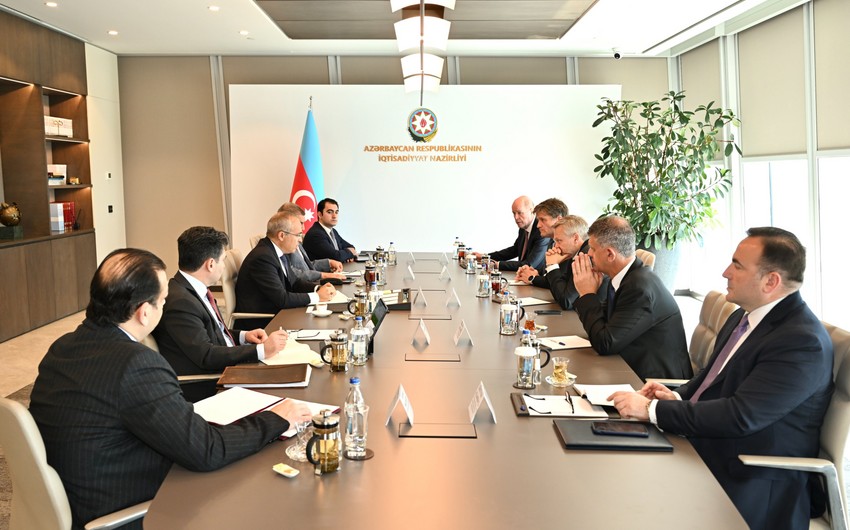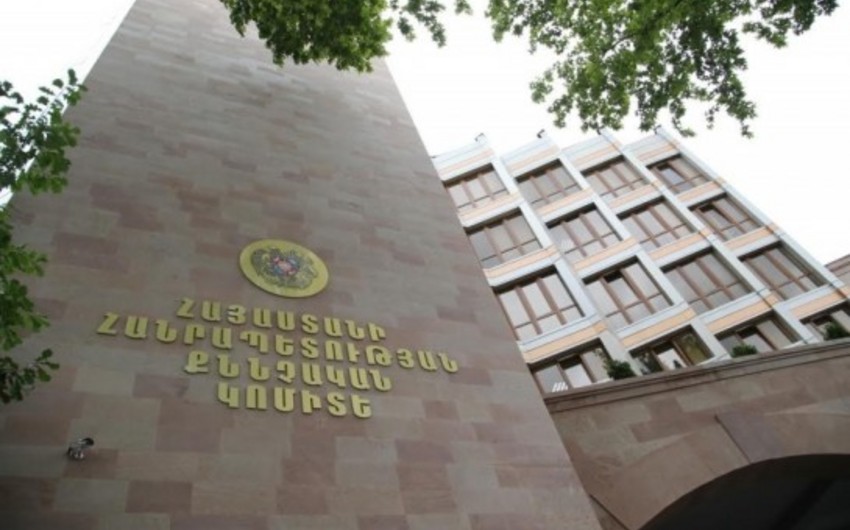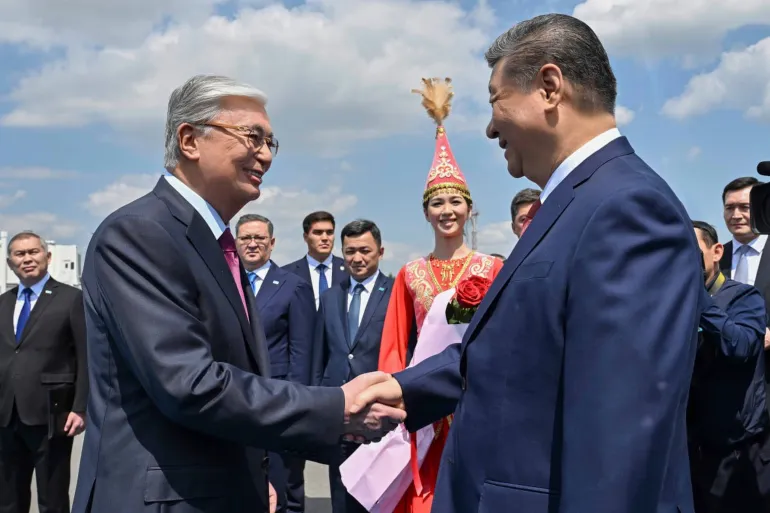A shaky ceasefire between Israel and Iran is holding for now, offering both nations a chance to assess the extensive damage incurred during 12 days of intense conflict.
The ceasefire, announced by US President Donald Trump on Monday, came after days of direct confrontation that inflicted significant human, economic, and infrastructural losses.
Israel and the US have maintained that the operation achieved its goal of damaging Iran’s nuclear capabilities, but experts and reports highlight the steep financial toll incurred by both nations, particularly Israel.
Israel’s military expenditure soars
After initiating the conflict with airstrikes targeting Iranian nuclear and military facilities, Israel faced severe retaliation in the form of hundreds of missiles and drone attacks.
Operating missile defense systems such as Iron Dome, David’s Sling, and Arrow cost Israel up to 1 billion shekels ($285 million) per day, according to TheMarker, the economic section of Israeli news outlet Haaretz. Interceptor missiles, particularly those used by David’s Sling and Arrow systems, individually cost between $1 million and $4 million.
Moreover, Israel remained on the offensive throughout the conflict, conducting hundreds of airstrikes on Iranian sites.
Each sortie by fighter jets like the advanced F-35 costs approximately $10,000 per flying hour, with additional expenses for refueling aircraft and ammunition. Overall, the Israeli business daily Calcalist estimates Israel’s combined defensive and offensive operations totaled approximately $5 billion.
Impact in Israel: ‘Never been this level of damage before’
The cumulative impact of missile damage, reconstruction, and compensations could significantly inflate Israel’s financial burden to double-digit billions.
Israel faces “challenges of a magnitude we’ve never faced in history,” said Shai Aharonovich, head of the Israeli Tax Authority, at a press conference Tuesday.
Amir Dahan, an official with the authority’s Compensation Department, also said “there has never been this level of damage before,” according to Calcalist.
The Israeli government expects to pay over 5 billion shekels ($1.5 billion) in property damage claims and evacuations, with around 40,000 claims already filed and more anticipated, the report said.
Some 25,000 claims were made in Tel Aviv, 10,800 in Ashkelon, and 2,600 in Haifa and Acre, according to Tax Authority data.
Approximately 15,000 people have been evacuated from their homes, with about 11,000 accommodated in hotels and another 4,000 staying with friends and relatives.
The government finances two-week hotel stays, with extensions possible, while those staying privately receive 4,000 shekels (around $1,200). Current hotel accommodation costs alone are estimated at 100 million shekels ($29 million).
“In total, the Tax Authority’s Compensation Fund is expected to pay at least 9 billion shekels (nearly $2.7 billion),” the report said.
Naser Abdelkarim, an assistant professor of finance at the American University of Palestine, estimated Israel’s total losses – direct and indirect – could reach as high as $20 billion.
Speaking to Anadolu, Abdelkarim said the conflict had sharply increased Israel’s military expenditures, disrupted employment, and negatively impacted production and business sectors.
He added that Israel faces limited options to offset this widening budget deficit: slashing spending on critical sectors such as health and education, increasing taxes, or borrowing money, potentially pushing its public debt-to-income ratio beyond 75%.
At the official level, Israel’s Finance Ministry has acknowledged its strained resources, recently requesting an additional $857 million for defense, alongside proposed cuts of $200 million from health, education, and social services.
US: Cost of shift from support to direct involvement
Initially supporting Israel’s defensive efforts, the US became directly involved on June 22 with a series of strikes against Iranian nuclear sites.
According to the Pentagon, the operation involved 125 US military aircraft, including B-2 Spirit stealth bombers, refueling tankers, and support aircraft.
Seven B-2 bombers targeted Iranian nuclear facilities in Fordo, Natanz, and Isfahan, while 24 cruise missiles were fired at Isfahan from a submarine. In total, 75 precision-guided weapons were used in the operation.
The B-2 is the most expensive aircraft in US military history, costing approximately $2.2 billion per plane, with operating costs ranging from $130,000 to $150,000 per flight hour, according to The New York Times.
The B-2 bombers used in the Iran strikes flew for approximately 37 hours, with operational costs estimated around $56 million.
The bombers dropped 14 GBU-57 Massive Ordnance Penetrators (MOPs), or bunker buster bombs, designed to penetrate fortified underground structures, on Fordo.
Each GBU-57 costs between $10 million and $20 million, while the Tomahawk cruise missiles fired from submarines are priced at approximately $2 million each.
Overall, defense analyst Andreas Krieg told Turkish broadcaster TRT World that the total cost of the US operation could range from $1 billion to $2 billion. He described it as “a minor fiscal event” relative to America’s $28 trillion economy.
However, US expenses extend beyond the direct strike. The operation required significant military expenditures for naval carrier strike group deployments, air defense operations, and enhanced protection at US military bases across Qatar, Bahrain, and the UAE.










